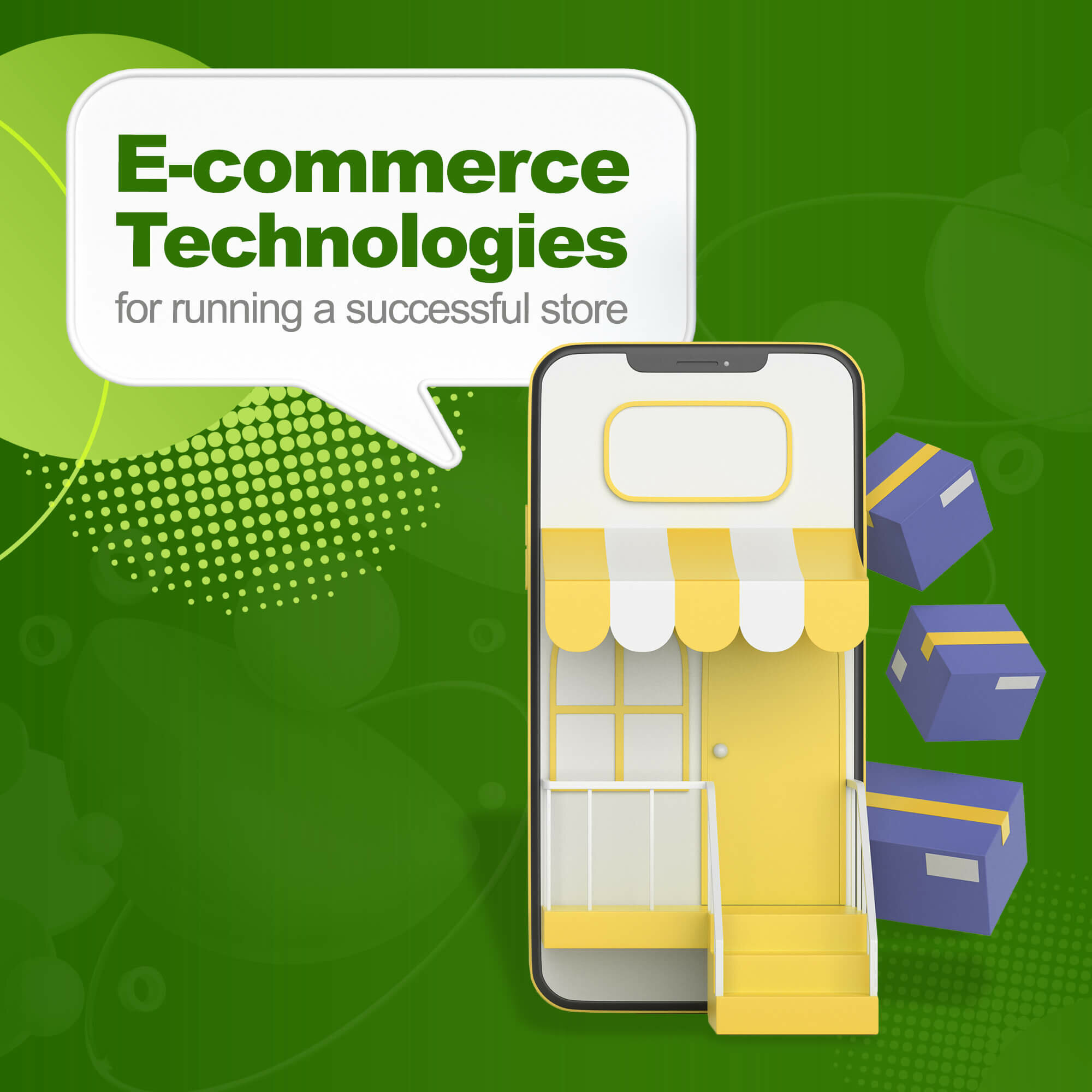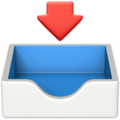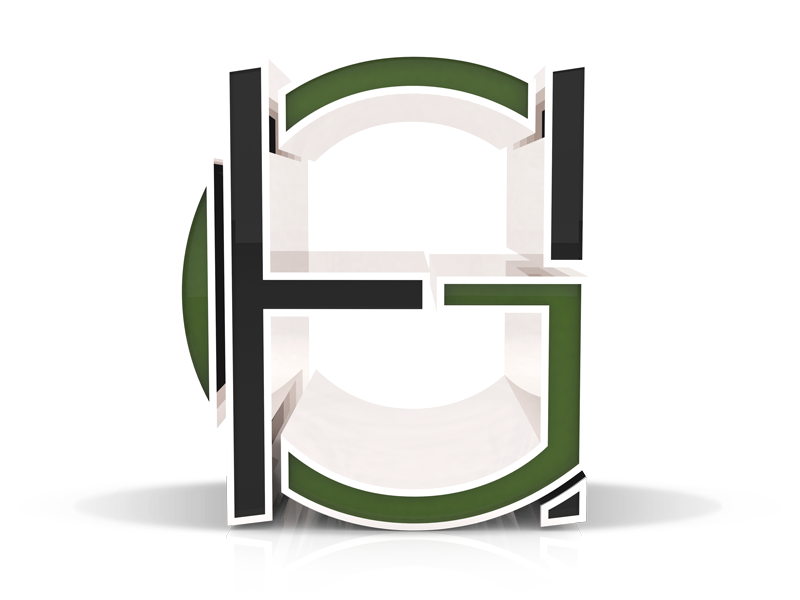E-commerce is the fastest-growing industry globally generating billions. Startups and small businesses are leveraging e-commerce technologies to acquire new customers and increase sales. The technologies have made it super easy to set up a business and grow it. Hence, building an e-commerce store is one of the most popular business trends right now. Setting up an e-commerce store is not rocket science although it may appear difficult.



You need different tools and technologies to create a successful e-commerce store. The technologies and tools needed include hardware and software. In this article, we share with you the general hardware and software you need to run a successful e-commerce store.
Web Tools
Web editing tools are software used to develop the front end of e-commerce websites. These tools range from basic text editors like Notepad++ (HTML) to complex graphic software such as CMS (content management system). They come with built-in frameworks and debugging tools. HTML files are developed using Dreamweaver together with CSS to enhance the visual appearance of the site.
Visual Studio is effective in building e-commerce sites integrated with a database. Graphic design tools like those from Adobe can be used to design and improve the user interface of commercial websites.
Server Software for E-commerce Technologies
Server software is responsible for retrieving the information a user is searching for through popular browsers. The software processes the request and forwards the right files to the client. Servers run on different types of software which include application software, file server software, database server, and cloud computing software. Some of the most popular server applications include Windows IIS and Apache. You can choose to host server software on a physical computer or in the cloud.
Database System
Having a database system is important in running a successful commercial site. Database systems play an important role in storing information about the product or service. It keeps information such as price, the image of the product, description, details, and sales among others. Databases also capture customer details like the type of product ordered, shipping, and payment details, and contact information.
A commercial website needs to be programmed correctly for it to securely connect to the database. This ensures that your orders are correctly processed and your online store runs smoothly. Technologies like PHP and MySQL are the main communication route between websites and databases.
Networking
The major network tools that determine how computers communicate over the internet are TCP (transfer control protocol) and IP (internet protocol). Common TCP and IP protocols include HTTPS, HTTP, and FTP. These protocols allow you to access websites with ease without hassles and downtimes. Online stores need SSL certification to secure communication between the browser and the server. It keeps personal information like account details safe.
SSL stands for “secure socket layer” and it’s considered essential for online security. Commercial sites also need TLS (transport layer security) which are protocols that ensure trust and security in e-commerce.
SAAS
Running an e-commerce store without using SAAS (software as a service) can be difficult. Some aspects of your business should operate in the cloud. For instance, managing processing data in the cloud is beneficial because all parties that need it can have access through different devices. Cloud ERP (enterprise resource planning) can improve delivery speed, make your store more flexible, and bring growth and stability.
Domain Names
Having a domain name that conveys your brand is crucial for the success of your e-commerce store. Most popular online companies have domains that can be easily recognized. This helps them rank highly in search engines. If your brand grows and become popular is advisable to protect related domain names such as .com, .net, .uk, .org, and .co. This protects your brand from theft and fraud.
Chatbots
Chatbots are virtual robots that are programmed to answer queries via online chats. This is one of the leading e-commerce technologies. With chatbots, you can provide 24/7 customer service through automated communications that run on artificial intelligence. This technology helps you streamline operations and retain customers when your sales team is not around. Chatbots can also analyze the interaction with users while predicting behaviors and solutions.
Now that you know some of the e-commerce technologies you need to operate an online store, now let’s look at the tools.
The Most Popular E-Commerce Tools
WooCommerce
Woocommerce is considered one of the best tools for online startups. It’s a free plugin that can be integrated into WordPress empowering store owners to sell their products easily and rapidly. Currently, it’s estimated that 30% of the online store runs on the WooCommerce plugin. Businesses use the plugin in selling products, managing shipping, and collecting payments.
Magento
This e-commerce platform is popular among B2B and B2C businesses because it’s reliable. Magento is a powerful and SEO-friendly platform that comes with multiple features that are easy to customize. Additionally, you can integrate the platform with third-party tools and services that enhance customer experience.
Shopify
Shopify is a very popular e-commerce website fitted with advanced SEO tools. The website is improved regularly. The online store offers professionally designed templates that improve the appeal of the user interface. It also comes with several add-ons with responsive checkouts. The online store enables you to accept Bitcoins as a mode of payment from your customers.
BigCommerce
This platform is popular because of the built-in features like blogging, advanced SEO, and customer support that are available around the clock. Other key benefits of the platform include a user-friendly interface and a comprehensive database.
OpenCart
This is an open-source CMS platform that is a favorite among e-commerce developers. The main features include several back-end plugins. You can have access to the CSS and edit the code within the admin.
Drupal Commerce
It’s a unique online content marketing platform where people can post freely. The platform offers an excellent customer experience while incorporating an effective SEO strategy and blog integration.
The technologies and tools discussed above can help you set up an e-commerce store. Nevertheless, there are some highly technical aspects that you may not be familiar with if you’re not a developer. You don’t have to worry. Contact Us at de Haro Group we help you set up a profitable e-commerce store with all the functionalities.





